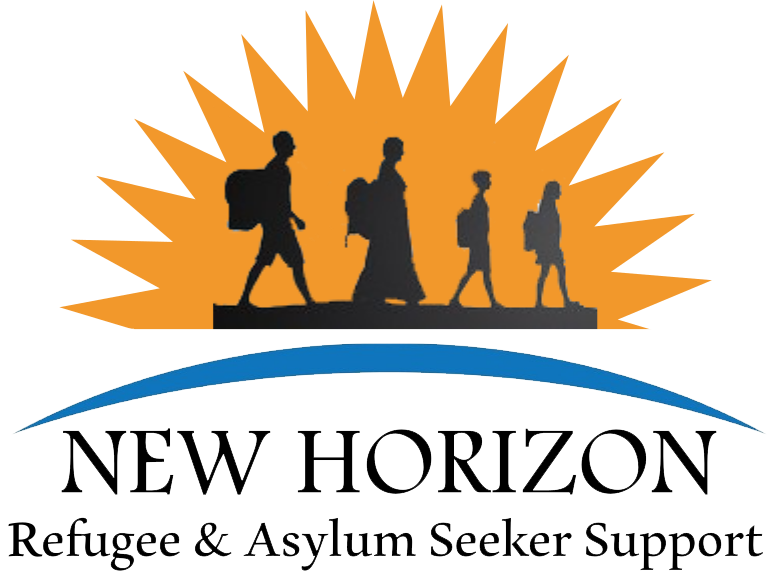Moving Out of the Asylum Process
Congratulations!
You have passed through the most difficult stage of the process and now have your refugee status or subsidiary protection status recognised.
You now have the right to live and work in Ireland. In most cases, this will mean leaving direct provision accommodation to find work and somewhere to live. The change from direct provision to living independently will involve a great number of issues including housing, employment, health services, managing money and social welfare.
Now it’s time to start to rebuild your life. Make an appointment with the Citizens Information centre and start to work with an advice officer who will guide you on how to make the necessary applications.
Documentation
Obtain a GNIB certificate of registration and stamp 4. This stamp allows you to work and claim social welfare benefits. For full information on the Irish immigration system see http://www.inis.gov.ie/en/INIS/Pages/WP07000207
Obtain travel documents. People with refugee status are entitled to a refugee travel document. See “Travel documents for people with refugee or subsidiary protection status” http://www.citizensinformation.ie/en/moving_country/asylum_seekers_and_refugees/refugee_status_and_leave_to_remain/travel_documents_for_refugees.html
Be aware that the UN refugee travel document is the equivalent of a home country, rather than a European Union, passport. You may still be required to obtain a visa for any travel to other EU countries.
If you have refugee status you can apply for Irish citizenship after three years residence. We recommend that you do this as soon as possible; it makes life very much easier.
Family Reunification
Make application for family reunification if required. This can take a considerable time so it’s important to start the process as soon as possible. See “Family reunification for refugees in Ireland”
For an overview of housing, finance, healthcare, education, employment and other issues see “Guide to living independently” http://www.ria.gov.ie/en/RIA/GuidetoLivingIndependently.pdf/Files/GuidetoLivingIndependently.pdf
Housing
If you have been living in a direct provision accommodation centre, you will have to leave that centre and move into other accommodation. This could be in social housing (public housing) or in private rented housing. If you were already living in private rented accommodation, your change of status will not affect your immediate housing situation.
If you find yourself homeless, there are agencies that provide services for homeless people.
Social welfare
When you are granted refugee or subsidiary protection status or permission to remain, you should apply for any social welfare payments for which you are eligible. You will satisfy the habitual residence condition, but you will have to meet other conditions. Your local social welfare office or Intreo centre will help you to apply for the correct payment for your situation.
For example:
- If you are able to work but are unemployed, you may get Jobseeker’s Allowance. See Citizen’s Information checklist for unemployed people which has links to information about services and entitlements for unemployed people.
- If you are unable to work due to disability or illness, you can apply for Disability Allowance. See Citizen’s Information checklist of the main services and entitlements for people with disabilities.
- If you are the parent or guardian of a child you can apply for Child Benefit. If you need childcare, you can view See Citizen’s Information childcare checklist.
- If you are parenting alone you can apply for One-Parent Family Payment. You can find out more in See Citizen’s Information checklist on the main services and entitlements for people parenting alone.
Employment
You have the right to work, so you may find the Citizen’s Information document on looking for work and getting a job helpful.
Your local Intreo centre or employment services office provides information and advice for jobseekers, including a list of job vacancies. The Jobs Ireland website lists jobs that are available. It also lists employment support scheme vacancies.
When you do find work, you should find out about your employment rights, which are protected by employment law. Specific legislation exists to protect your human rights and ensure equality at work and there are procedures to assist you to enforce your employment rights.
Health services
The medical services you received as an asylum seeker will continue if you have been granted refugee or subsidiary protection status or permission to remain. The medical card gives you and your family access to medical services free of charge (some prescription charges apply). If you do not qualify for a medical card, you will be asked to pay for certain medical services. Contact your Local Health Office for details of GPs (family doctors) in your area.
Education
All children and young people, including those granted refugee or subsidiary protection status or permission to remain, are entitled to free primary and post-primary education. You can read more about this and about further and third-level education in the Citizen’s Information document on education for people with refugee or subsidiary protection status or permission to remain.
If you are unemployed there are different education and training opportunities that include courses specifically for unemployed people.
Finances
The Money Advice and Budgeting Service (MABS) is a free and confidential service that can help people manage their money.
